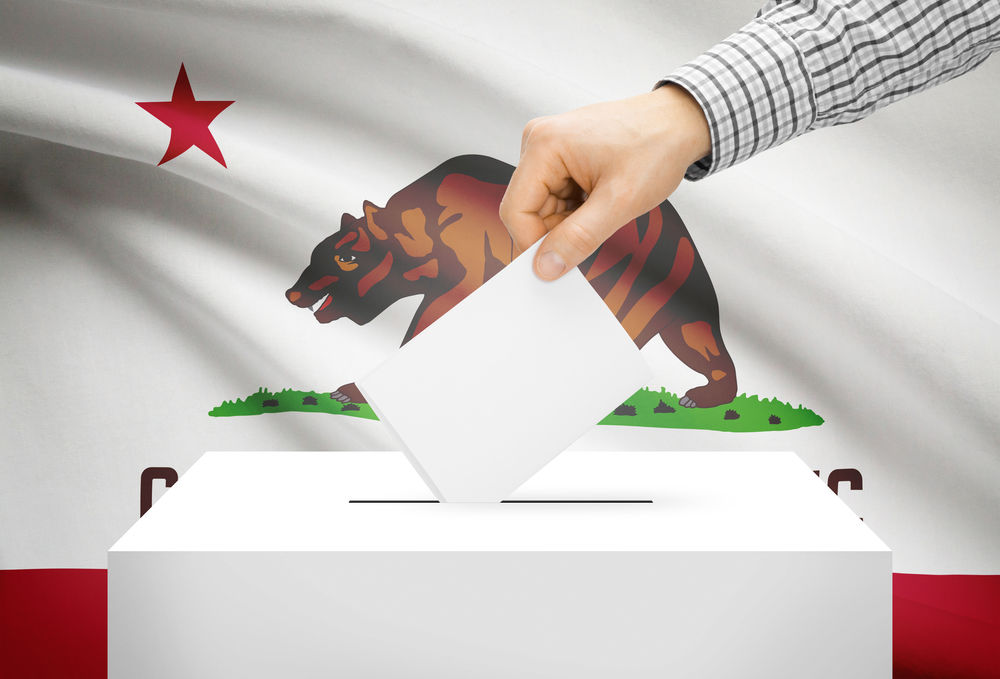A proposed bill in the California legislature would move the state’s primary day from June to March, allowing voters to weigh in on the 2020 presidential race far earlier than they have in previous elections.
Senate Bill 568, “The Prime Time Primary Act” would move the statewide primary to the first Tuesday after the first Monday in March during a presidential election year. Supporters want California’s presidential primary election in the “top tier of states” after Iowa and New Hampshire, the early primaries of which often draw far more media attention than later primaries in more populous states. In 2016, 10 states, including Texas and Virginia, held their primaries on March 1, known as Super Tuesday.
Sen. Ricardo Lara (D-Bell Gardens) is author of SB 568, and Assembly Speaker Pro Tempore Kevin Mullin (D-San Mateo) presented the bill in the Assembly. Secretary of State Alex Padilla is the sponsor of the Prime Time Primary Act. The bill must be approved by the Senate on concurrence before it can go to Gov. Jerry Brown, who has not publicly taken a stance on it.
The California Catholic Conference, the church’s public policy arm, is not taking a position on the proposed legislation.
The California primary has traditionally been held in June, at the tail end of the primary schedule. The primary bill’s supporters contend that means California’s concerns are given less weight in presidential races, most especially if candidates have already garnered enough delegates to win their respective parties’ nominations prior to the primary, says Michael Soller, Lara’s spokesman.
Soller adds that California’s late primary date means states with smaller, less diverse populations, have more of a say in the presidential election than California, the nation’s most populous state.
Indeed, according to National Journal, which tracks candidates’ visits, New Hampshire and Iowa, the combined populations of which amount to about 4.5 million, were visited more than 120 times by Donald Trump and Hillary Clinton during the 2016 primary season, whereas California, with its population of 39.2 million, only garnered a combined total of 98 visits from all the presidential candidates, including Bernie Sanders, during the primary season.
Soller says that California needs its voice to be heard because it often leads the nation on creating legislative solutions for such divisive issues as immigration, climate change and criminal justice reform.
“These are issues that continue to divide our country, but in California we’re able to work collaboratively and in a bipartisan way,” he says.
The bill also consolidates the state and presidential primary votes and moves up the primary election to March in non-presidential years as well, “to boost voter engagement, reduce costs for local elections and limit voter confusion,” Lara’s office stated.

